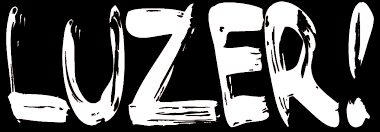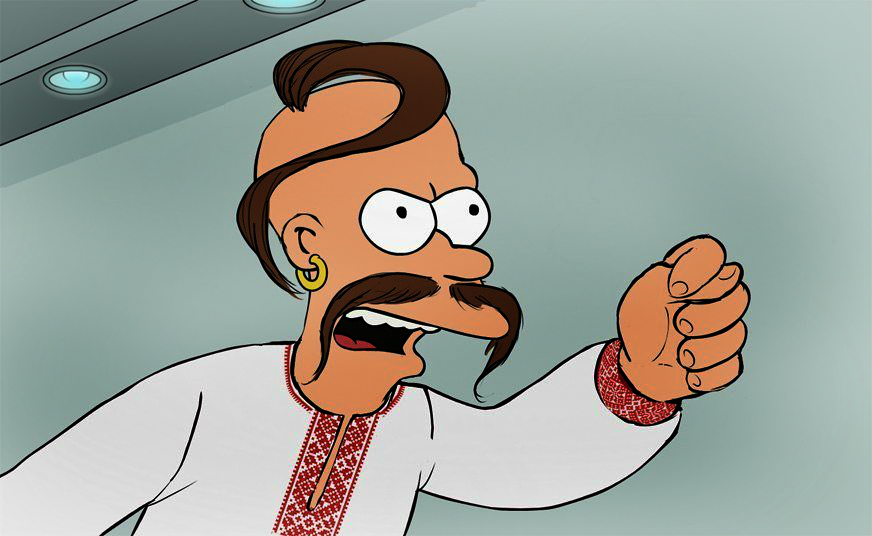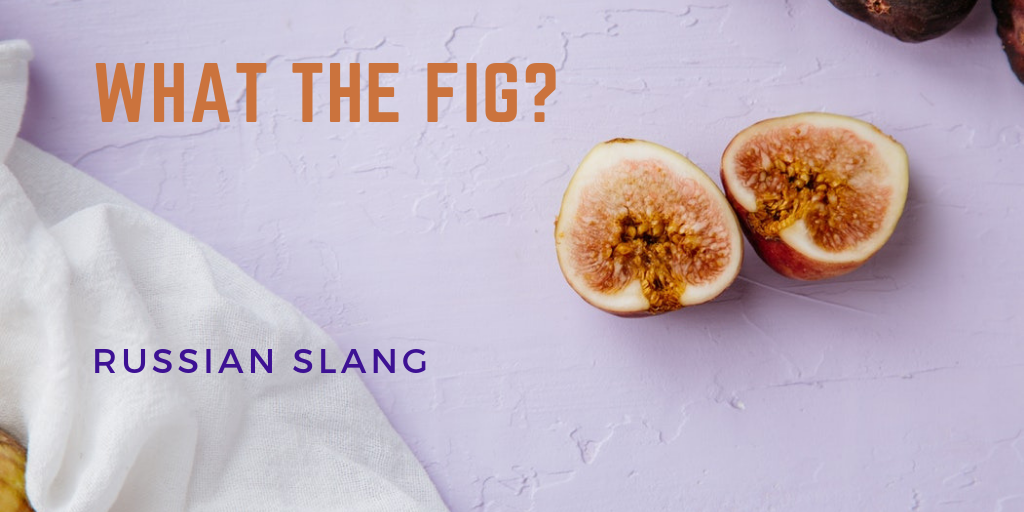Russian slang for foreigners
Language can be compared to a living organism as it grows, develops, changes and dies. The history knows many examples of dead languages – Latin, Etruscan, and Sanskrit are just a few of them. But even extinct languages still influence the living ones. No language is isolated from others. As well as people migrate from one country to another country, words also migrate from one language to another.
Many new words, especially denoting new technologies, become international. Words associated with a certain culture are known everywhere. Indeed, it is hard to find a person in the civilized world who has never heard words “sushi”, “pizza”, “iPhone”. Some words were borrowed so long ago that even native speakers are surprised when they know about the foreign roots of the well-known notions.
If you study a bit of Russian history in terms of the language development, you will be astonished to see how many borrowings from the other languages are there. It is caused by the cultural influence of Europe and America, political events and even wars. This phenomenon is observed both in the literary language and slang. We suggest taking a look at the most interesting examples of slang related to other nations.
Russian slang for Germans
Any German coming to Russia will be surprised with the number of German words and expressions in everyday Russian speech. What is even more interesting, most of people, who use them, cannot say a single sentence in German! Here are the best examples:
- “Fritz”. That is how Russians denote all Germans. The origin of this notion dates back in the years of WWII, when German forces occupied the territory of the USSA. Fritz is a very common male name in German. This word has a rather negative collocation.
- “Achtung” (German: attention) Also was borrowed from German at the times of war. Now it is used to express “watch out!”. Mostly used in spoken speech to add a funny expression to your words.
- “Gesheft” (German, Yiddish: Geschäft). Originally means “enterprise, business”, in Russian slang it means “good, profitable business”.
- “Gastarbaiter” (German: Gastarbeiter) A really widely used word, denoting foreign worker in Russia, especially relating to low-skilled and underpaid workers from Tajikistan, Uzbekistan and Kyrgyzstan.

Russian slang for Americans
Relations between the USA and Russia have greatly changed over the time, literary from plus to minus and vice versa. No wonder that lots of notions assimilated into both languages. Popularity of American life-style and American culture as well as the development of modern technologies contributed to the enlargement of borrowings. We have collected for you some of the most interesting examples.
- “Baksy” (English: bucks). That is a total borrowing from American slang, a name for the dollar. Everyone in Russia knows this word.
- “Luzer” (English: loser). The meaning is the same as in the source language.
- Lots of words connected with food culture “hot-dog”, “popcorn”, “hamburger”, “fast-food”, “cheeseburger”. These words are so deeply assimilated in the culture that they are directly transliterated with the help Russian letters.
- “Makdak”, shortening from McDonald’s. Yes, this fast food is really popular here. Young people love to have a bite at “Makdak”.
- “Shoubiz”, shortening from “show business”, retains the same meaning as in the source language.
- “Amerikos”, a slang synonym for “Americans”. It carries a shade of contempt.

Russian slang for Ukrainians
Russians and Ukrainians are nations connected by the common origin and mutual history. Both nations belong to Eastern Slavs and, as a result, retain similar features in the culture and language. They languages are rather similar. But the curious fact is that all Ukrainians can speak, read and understand the Russian language, while Russians cannot speak Ukrainian. This interesting phenomenon is easily explained. The matter is that for quite long time Ukraine had been a part of Imperial Russia, and later a part of the USSA. Naturally, the Russian language had been enforced all over the Ukrainian territories. Though, Ukrainians managed to keep and protect their language together with the authentic culture. Such long and complicated relations between two countries produced lots of slang words used to talk about the neighboring state.
1. “Khokhol”. It means a topknot of hair traditionally worn by Ukrainian men, especially by Cossacks (Ukrainian freedom fighters that appeared in XVI century). “Khokhol” has a rather negative connotation, expressing superiority of Russians. “Khokhliandia” that is a slang name of Ukraine (from “khokhol” and “liandia” modified word “land”).
 2. Ukrainians, in their turn, also have slang names for Russians. The most common ones are “moskali”(originally residents of Moscow, i.e. Muscovites, but now the term is used for all Russians. Another slang word for Russians is “katsap”. There is no single linguistic opinion about the origin of this word. According to one theory “katsap” is a shortening from “kak tsap” (like a goat). The historians said that Ukrainians were mostly clean-shaven in comparison to bearded Russians. So, from Ukrainians’ point of view they resembled goats.
2. Ukrainians, in their turn, also have slang names for Russians. The most common ones are “moskali”(originally residents of Moscow, i.e. Muscovites, but now the term is used for all Russians. Another slang word for Russians is “katsap”. There is no single linguistic opinion about the origin of this word. According to one theory “katsap” is a shortening from “kak tsap” (like a goat). The historians said that Ukrainians were mostly clean-shaven in comparison to bearded Russians. So, from Ukrainians’ point of view they resembled goats.
Russian slang for Caucasian Muslims
Despite the fact that Russia, in its essence, is a multicultural country, there are strong nationalistic views shared by many so called “true Russians”, this social phenomenon found its expression in everyday speech.
- “Khach” is a slang word used to denote representatives of Caucasian nations. This term have a negative meaning. Also very often Russians refer to Caucasians as “black” despite the fact that most of them are white-skinned people. The worst variant of this is “chernozhopy” (“black arses”). This is a really offensive way to call Azeris, Georgians, and Armenians from the Caucasus.
- Another very common word is “churka”. In the narrow meaning it denotes people from the Middle East (Tajiks, Turkmens, Kazakhs and so on), in a broad meaning it denotes “not Russians”, especially people from the North and South Caucasus. “Churkistan” – the country of any of these nations (“stan” means “country”).
As you have seen, the layer of slang is well-developed in the Russian language. Some of the words have neutral meaning, while others are rude and offensive. It is very unpleasant when someone addressed you with the help of them. But it is really awkward if you use them in a wrong situation, trying to show your deep knowledge of the language. Beware of the slang!

Ernest Cooper is a renowned dating expert with over a decade of experience in the industry. He has helped thousands of men and women improve their dating skills and find lasting love. Ernest is known for his practical and down-to-earth approach to dating advice. He believes that finding love should be fun and enjoyable, not stressful and overwhelming. His methods are based on building confidence, improving communication skills, and developing a positive mindset.

